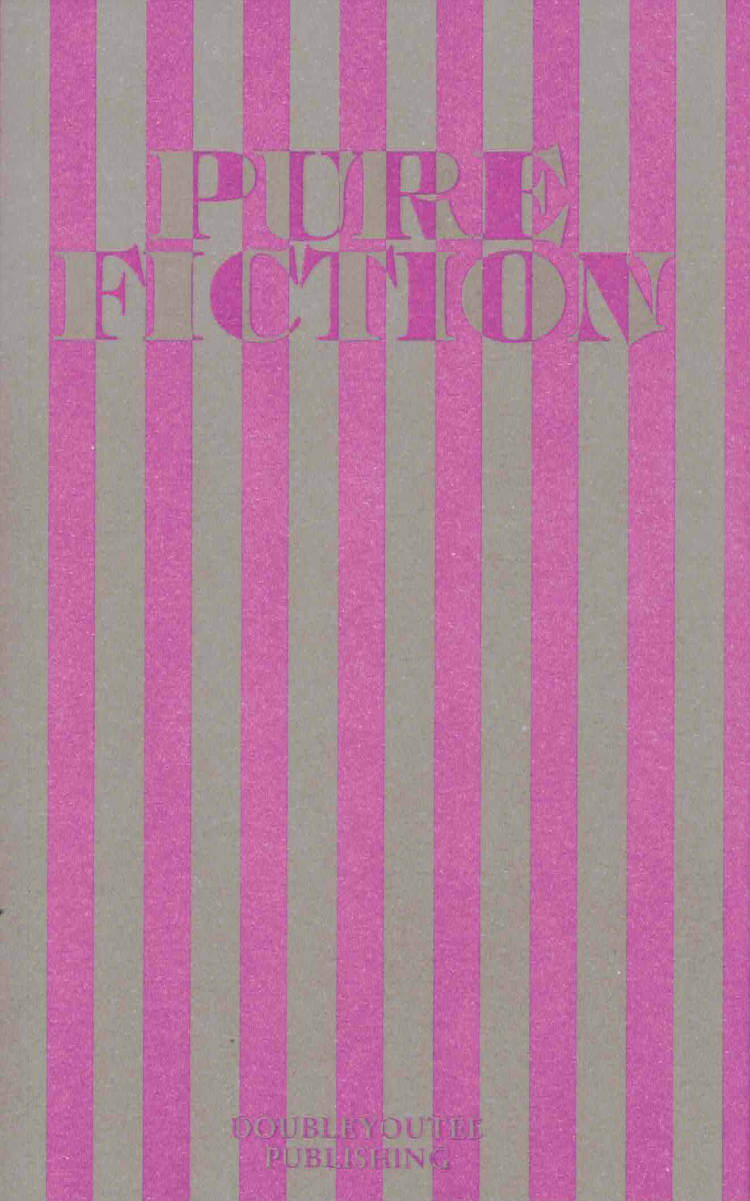
Library
LIBRARY contains four essays and two interviews, with the pre-dominant concern of sexual questions: the subjects in art, film, and literature—the issues tied to Rivette’s La Belle Noiseuse, Madonna’s sexual assault in Dangerous Game, Clunie Reid’s use of language, Richard Prince’s obsession with books, and Paul Meyersberg’s articulation about sex.
‘Like Carol Reed’s crippled trapeze artist now devoted to sensuality, Paul Buck is more than a suitable case for treatment. A personable deviant, Buck’s culpable, desiring proximity steeps these writings, inasmuch as they are apostrophised by his appearance in cameo, inside and outside the text. Buck stalks his work, addressing us in collusive asides. Rather than the disinterest of resistable objectivity, Buck’s criticism is moved by a profound personal investment in his subjects; he does not elide his complicity, nor does he quiet moral considerations. Discussing Richard Prince’s library or Madonna’s instrumentality, Buck makes the possessive, accountable case throughout. His underlying subject is the snarl of art and life, and the perils that abound in their confusion in the personal and their forced dichotomy in culture at large. Art, for Buck, cannot be an apology for the failures of experience, but instead is a compulsive and risky exposure, like a heretical grace, modelling life for our benefit.’ - Ed Atkins
‘Translator, poet, collagist, archivist, novelist, and all-around intellectual impresario, Paul Buck has a formidable knowledge of culture that he shines like a laser in LIBRARY on Richard Prince, Madonna, Abel Ferrera, and the erotics of painting and representation. He approaches the critical essay like a crime scene investigation. LIBRARY is a fantastic read’. - Chris Kraus
Language: English







